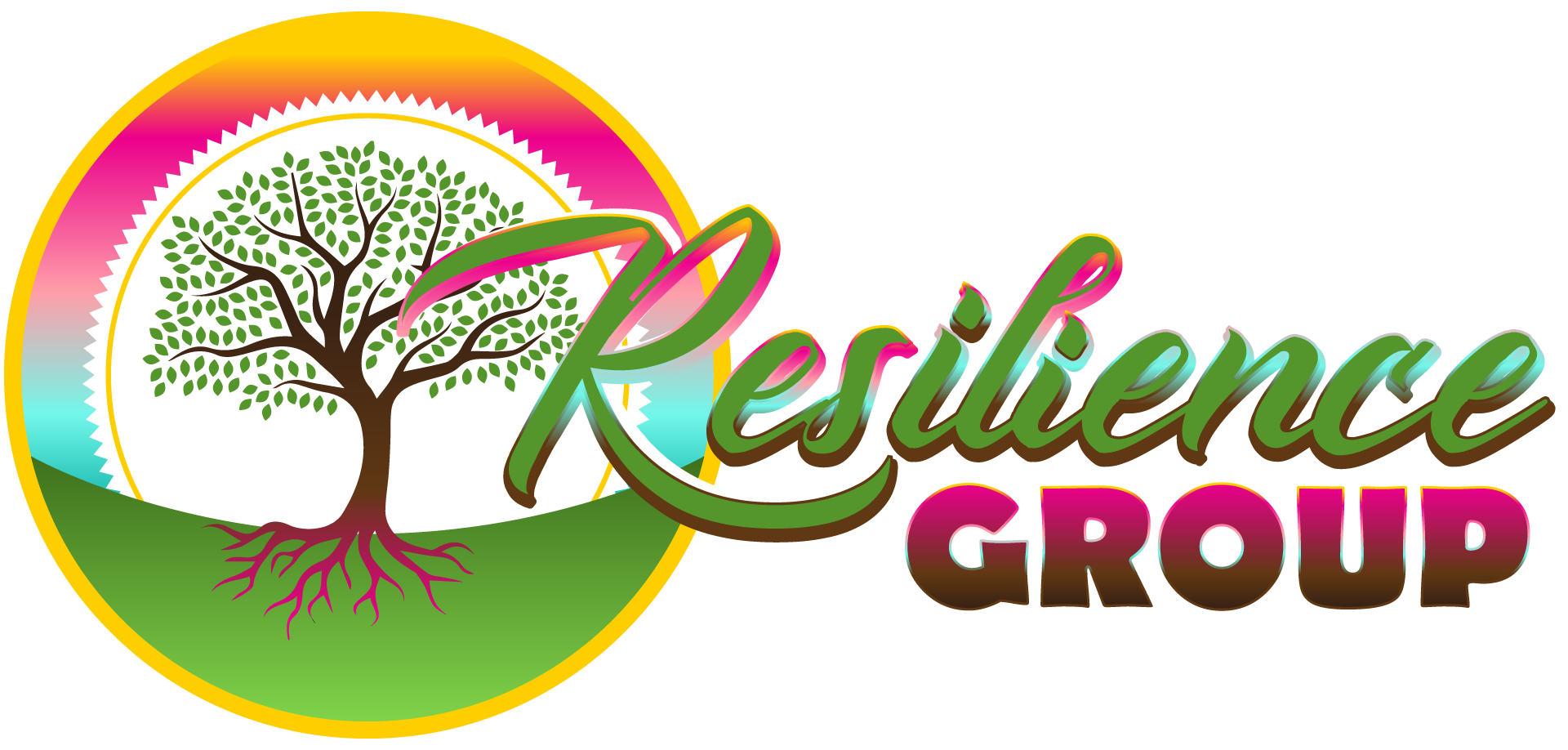Grief
Grief is a natural, multifaceted emotional response to a significant loss, typically involving feelings of sadness, longing, and distress. It is not a pathological condition but rather a normal process of adapting to change, often associated with the death of a loved one but also occurring in response to other forms of loss, such as the end of a relationship, loss of health, or significant life transitions. Grief is unique to each individual and may vary in duration, intensity, and expression.
Clinical Perspective:
Grief can be understood through various frameworks:
-
Normal Grief:
- Characterized by feelings of sadness, yearning, and emotional pain that diminish over time as the individual adjusts to the loss.
-
Complicated Grief (Prolonged Grief Disorder):
- A condition in which the grief response persists for an extended period (typically beyond 6-12 months) and significantly impairs an individual’s functioning. It is now recognized in the International Classification of Diseases (ICD-11) and the DSM-5-TR.
-
Anticipatory Grief:
- Grieving in advance of an expected loss, such as in terminal illness.
-
Disenfranchised Grief:
- Grief that is not socially acknowledged or supported (e.g., loss of a pet, miscarriage).
Common Symptoms of Grief:
-
Emotional Symptoms:
- Sadness, anger, guilt, hopelessness, or numbness.
- Longing or yearning for the deceased or lost object.
-
Cognitive Symptoms:
- Preoccupation with the loss, intrusive thoughts, difficulty concentrating, or a sense of disbelief.
-
Physical Symptoms:
- Fatigue, sleep disturbances, changes in appetite, or somatic complaints (e.g., chest tightness).
-
Behavioral Symptoms:
- Withdrawal from social activities, avoidance of reminders of the loss, or changes in routines.
-
Spiritual Symptoms:
- Questioning beliefs, searching for meaning, or finding solace in spiritual practices.
Stages and Models of Grief:
-
Kübler-Ross Model:
- Stages: Denial, Anger, Bargaining, Depression, Acceptance.
- Emphasizes that grief is not linear and individuals may revisit stages.
-
Worden’s Tasks of Mourning:
- Accepting the reality of the loss.
- Processing the pain of grief.
- Adjusting to life without the deceased.
- Finding a way to maintain a connection while moving forward.
-
Dual Process Model:
- Oscillation between loss-oriented activities (e.g., processing emotions) and restoration-oriented activities (e.g., focusing on future goals).

Treatment and Support for Grief:
-
Psychotherapy:
- Grief Counseling: Providing emotional support, validation, and coping strategies.
- Cognitive Behavioral Therapy (CBT): Addressing maladaptive thought patterns and behaviors.
- Complicated Grief Therapy (CGT): A specialized approach for prolonged grief.
-
Support Groups:
- Facilitated groups allow individuals to share experiences with others who have undergone similar losses.
-
Psychoeducation:
- Educating individuals and families about the normal grieving process to reduce fear or misunderstanding of symptoms.
-
Medication:
- While grief itself is not treated with medication, co-occurring conditions such as major depressive disorder or anxiety may warrant pharmacological intervention.
Prognosis:
Grief is a natural process, and for most individuals, the intensity lessens with time as they adapt to the loss. Early support and healthy coping mechanisms can facilitate healing, while complicated grief may require professional intervention to restore functioning and emotional well-being.
Contact
(435) 313-8533
Location:
Resilience Group
Saint George, UT 84770
In-person and telemedicine available
